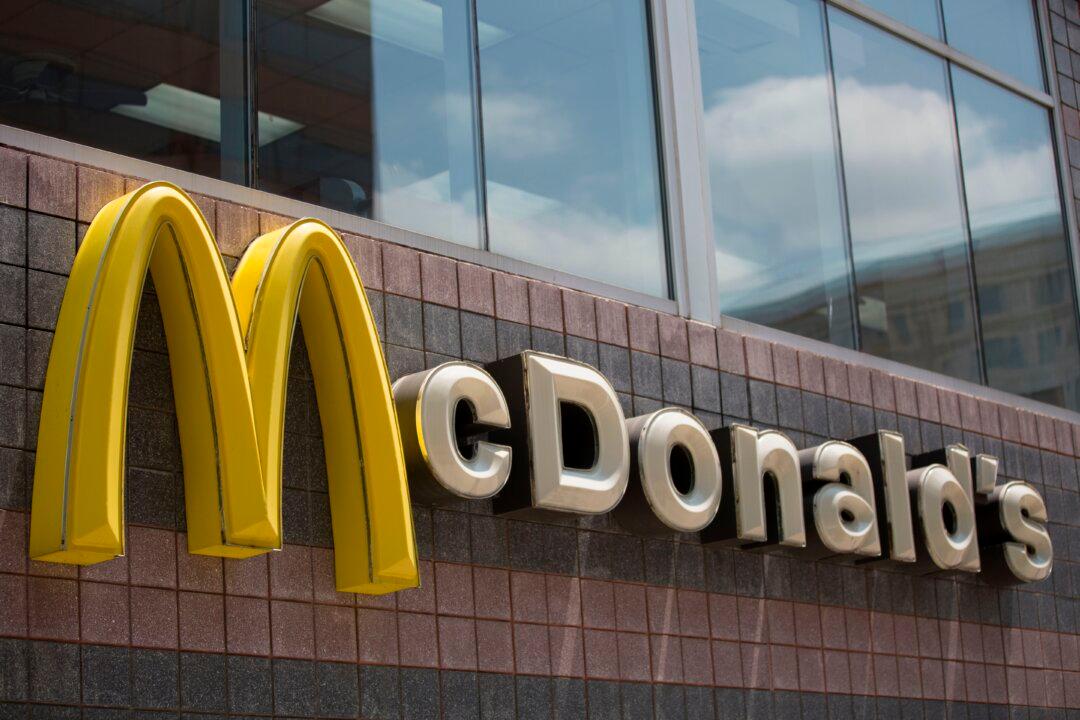McDonald’s Corp. recently removed a number of mentions of “ESG” from its website, at a time when corporate accountability on environmental, social, and governance issues has come under close scrutiny.
According to an analysis by Bloomberg published on Aug. 11, the burger chain’s “Purpose & Impact” website recently removed several “ESG” terms. One webpage has changed its title from “Performance & ESG Reporting” to “Goal Performance & Reporting.”





